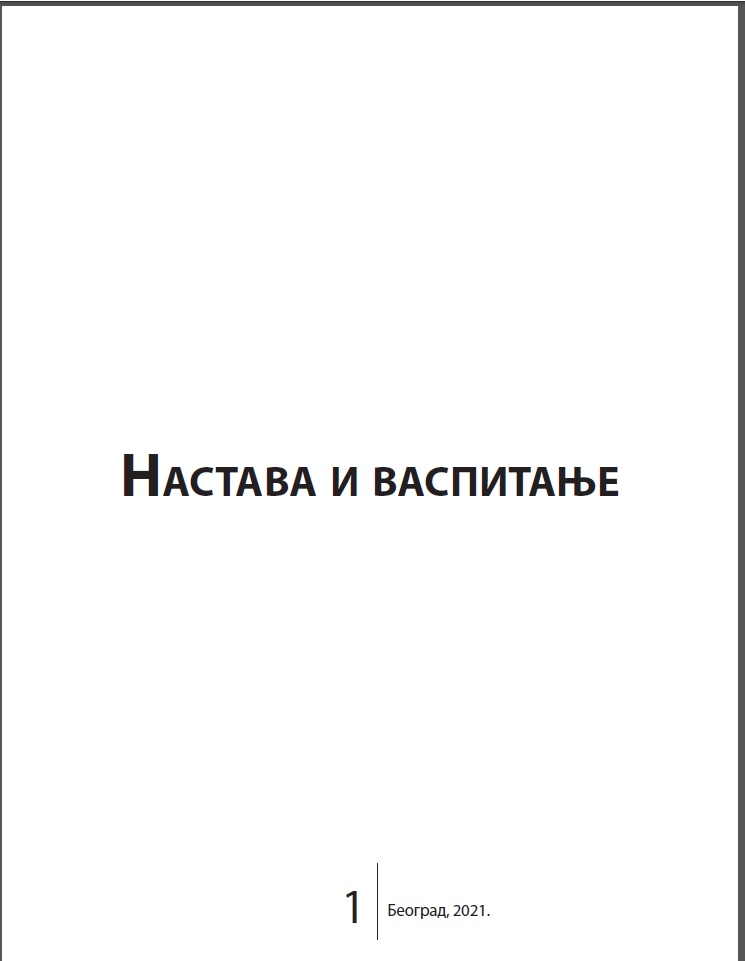Типичне грешке у презентовању појмова у уџбеницима за млађе разреде основне школе
Typical Errors in Presenting Concepts in Textbooks for the First Four Grades of Primary School
Author(s): Vesna Petrović, Slobodanka AntićSubject(s): Education
Published by: Педагошко друштво Србије
Keywords: scientific concept;concept system;textbooks;teaching/learning;grades 1-4 of primary school.
Summary/Abstract: This paper offers a systematization of typical errors in presenting scientific concepts in textbooks for the first four grades of primary school. The subject of our analysis and systematization were presentations of concepts which deviate from or violate the internal cognitive and logical nature of a scientific concept, thus representing a source of potential difficulties for students in understanding scientific knowledge. Starting from Vygotsky’s theory of the development of scientific concepts, as well as the general standards of textbook quality and a review of studies analyzing textbooks in this field, we have made a systematization of typical errors in the presentation of scientific terms. Five typical errors are explained and elucidated: a simple description of a phenomenon or the statement of its function, use or usefulness; a simple establishment of connections between a concept (word) and an object (image); offering ready-made phrases and scientific statements without relating them to a system of concepts; providing only typical examples or providing examples that lack variety, and presenting important and unimportant facts on the same level, without pointing out the differences. Every typical error is explained using examples from textbooks in which scientific concepts relevant to grades 1-4 are introduced (settlement, village, city, plants, relief, historical figure and birds). In the absence of scientific principles in presenting concepts in textbooks, their authors rely on implicit assumptions about concepts as phenomenal or factual kinds of knowledge. Due to the importance of acquiring scientific concepts for the cognitive development of the individual, the practical implications of the findings are that in textbook design but also in teacher education particular attention must be devoted to the area of teaching and learning scientific concepts.
Journal: Nastava i vaspitanje
- Issue Year: 70/2021
- Issue No: 1
- Page Range: 55-68
- Page Count: 14
- Language: Serbian

